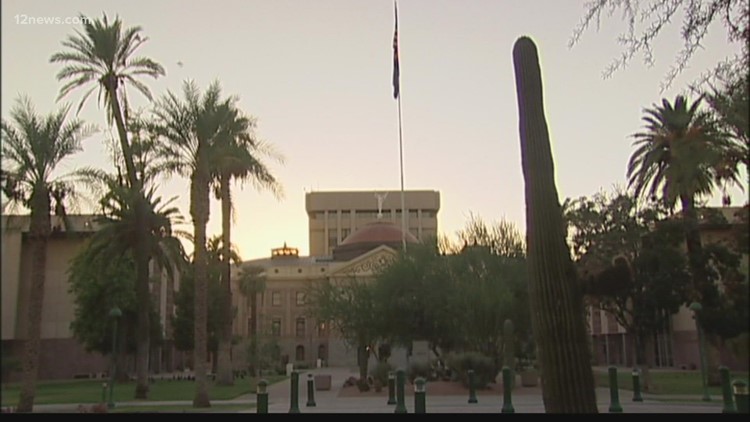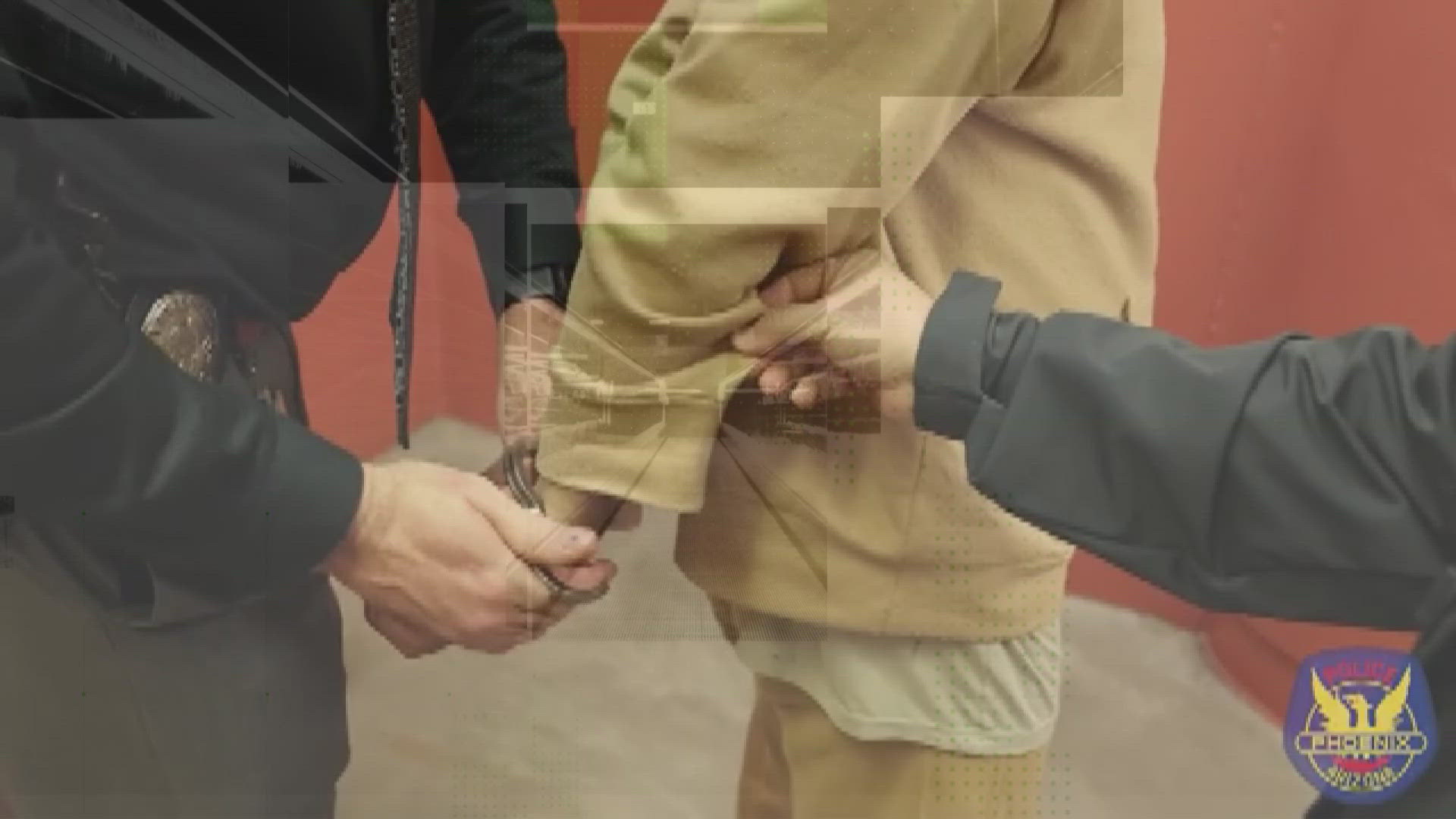PHOENIX — An Arizona House committee on Monday approved a proposed law that would make it illegal to make video recordings of police in many circumstances after the Republican sponsor made changes he said were designed to address constitutional concerns.
The original proposal from Rep. John Kavanagh made it illegal to record within 15 feet of an officer interacting with someone unless the officer gave permission.
Kavanagh said the amendment he offered that was adopted by the House Appropriations Committee Monday lowers the distance to 8 feet. It also allows someone who is in a car stopped by police or is being questioned to tape the encounter and limits the scope of the types of police actions that trigger the law to only those that are possibly dangerous.
He said the 8-foot limit was based on a U.S. Supreme Court decision in a case involving abortion protesters.
“I think this fully conforms with constitutionality and weighs officer safety with the citizens’ right, the public’s right, to see law enforcement officers in action,” Kavanagh said.
Media groups including The Associated Press said the measure raises serious constitutional issues. They signed onto a letter from the National Press Photographers Association in opposition to the bill.
“We are extremely concerned that this language violates not only the free speech and press clauses of the First Amendment, but also runs counter to the ‘clearly established right’ to photograph and record police officers performing their official duties in a public place,” the letter said.
Letting an officer decide on the spot what First Amendment-protected activity should be allowed would be problematic in many situations, the letter said.
If enacted with the original 15-foot limit, some of the people who video-recorded former Minneapolis police officer Derek Chauvin kneeling on George Floyd’s neck in 2020 might have been affected. The recording was key evidence that led to Chauvin’s conviction on second-degree murder and other charges.
Kavanagh's bill makes a violation a petty offense, the lowest-level Arizona crime that can bring a fine but no jail time. Refusing to stop recording when an officer orders it would be a low-level misdemeanor subject to a 30-day jail sentence.
The Appropriations Committee voted 7-5 on party lines, with no Democratic backing to approve the bill. It now goes to the Rules Committee for a routine constitutional review and then to the House floor.
Up to Speed
Catch up on the latest news and stories on the 12 News YouTube channel. Subscribe today.



